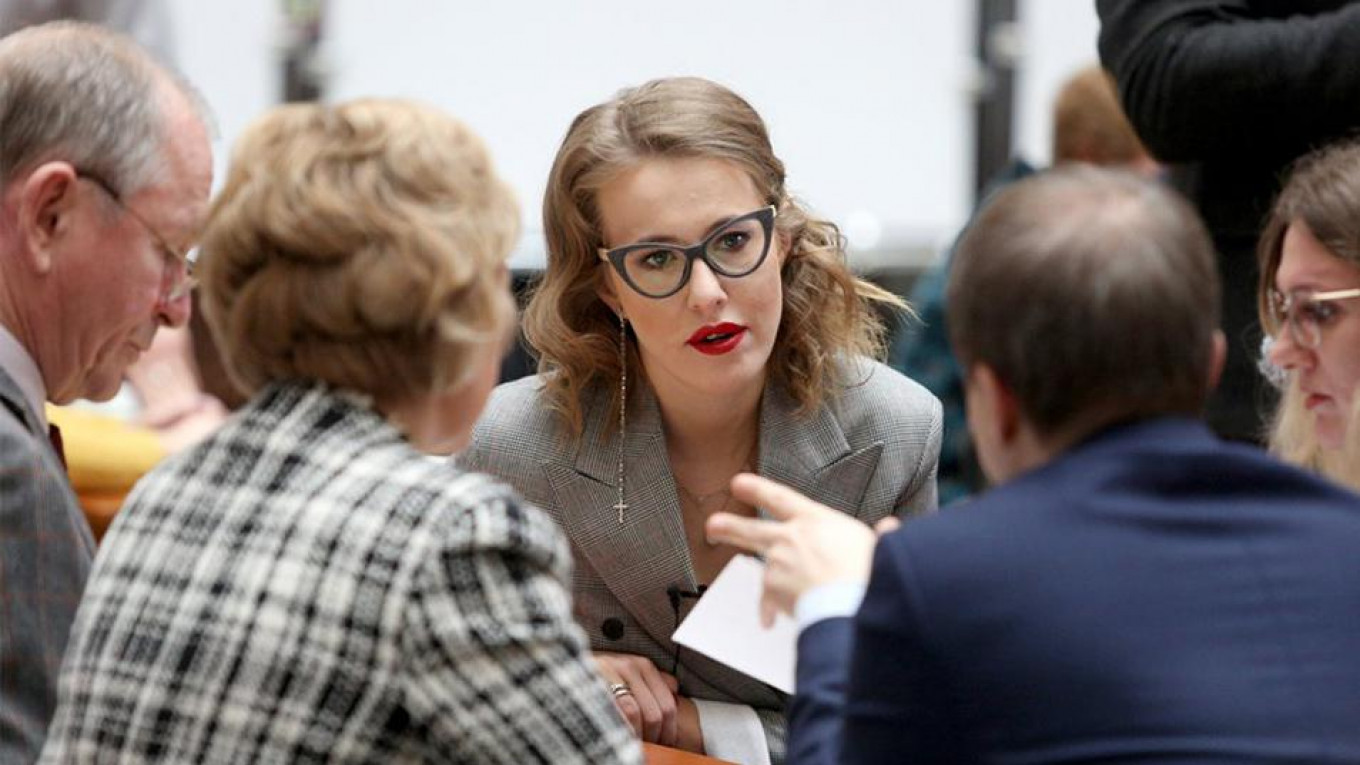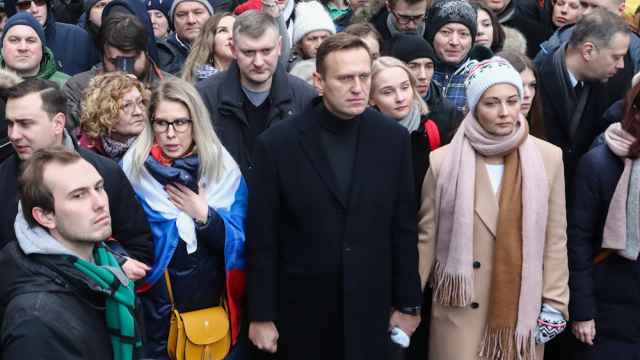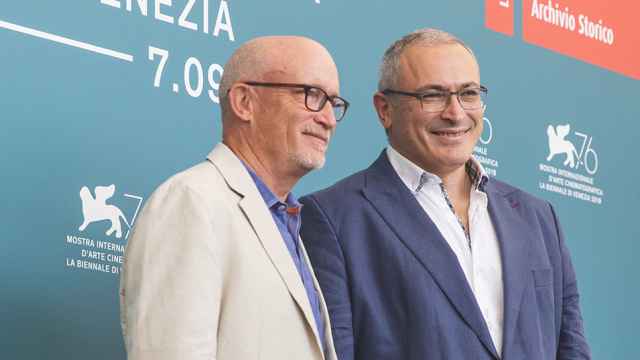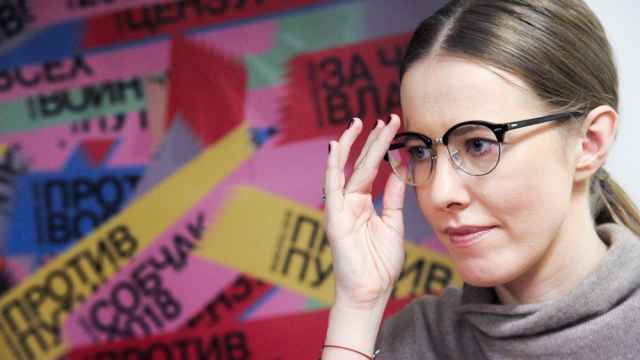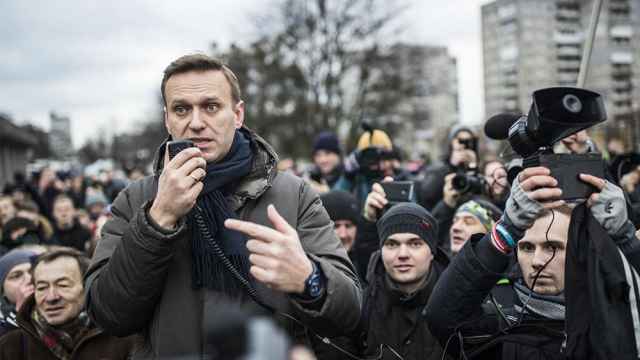Russian socialite and presidential hopeful Ksenia Sobchak has called for Oliver Stone’s “Putin Interviews” to be barred from state-run television ahead of presidential elections.
“The Putin Interviews” first aired in Russia in June 2017, reportedly becoming the most-watched television documentary of the year in the country. Stone has faced criticism since the release for asking the Russian president softball questions.
Sobchak’s lawyer Konstantin Dobrynin lodged a complaint to Russia’s Central Elections Committee against broadcasting the film because he said it violated election campaigning laws. The lawyer said the film focuses on Putin’s biography as opposed to his political positions.
Dobrynin asked to the CEC to “Immediately process the complaint and bring those responsible to justice in accordance with statutory duties.”
The leader of the liberal opposition Yabloko party Emilia Slabunova also complained to the CEC over the film’s broadcast.
Election officials said they will review any complaints “in accordance with standard procedures,” Meduza reports.
A Message from The Moscow Times:
Dear readers,
We are facing unprecedented challenges. Russia's Prosecutor General's Office has designated The Moscow Times as an "undesirable" organization, criminalizing our work and putting our staff at risk of prosecution. This follows our earlier unjust labeling as a "foreign agent."
These actions are direct attempts to silence independent journalism in Russia. The authorities claim our work "discredits the decisions of the Russian leadership." We see things differently: we strive to provide accurate, unbiased reporting on Russia.
We, the journalists of The Moscow Times, refuse to be silenced. But to continue our work, we need your help.
Your support, no matter how small, makes a world of difference. If you can, please support us monthly starting from just $2. It's quick to set up, and every contribution makes a significant impact.
By supporting The Moscow Times, you're defending open, independent journalism in the face of repression. Thank you for standing with us.
Remind me later.


